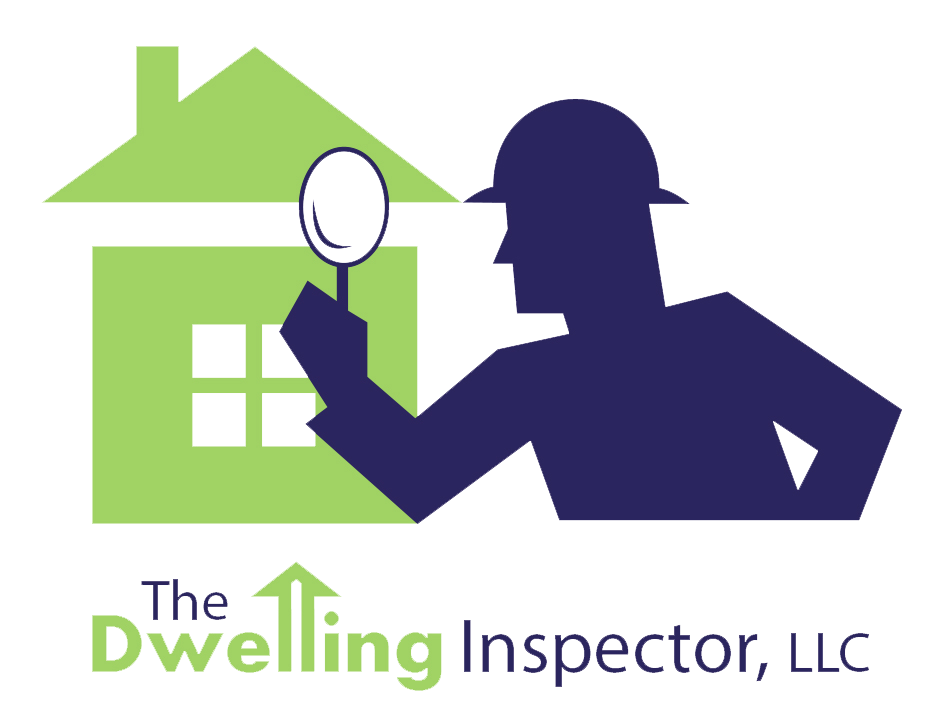iBuyers are slowly creeping their way into the real estate market.
Companies like Zillow, Opendoor and Redfin that are entirely web-based realty platforms have influenced traditional firms like Keller Williams & Realogy to roll out plans for iBuying programs in addition to their field agents.

What are iBuyers?
iBuying is short for instant-buying, because it is a quick transaction without in-person contact. iBuyers are online real estate companies that only have online agents. They don’t come to your home physically and look at it before they buy it.
The big players in instant-buying are Open Door, Zillow Offers, Redfin and Offerpad – but there are various smaller companies that are making their way into the market too.
What Does This Mean in Real Estate?
iBuyers make the transaction completely online with the homeowner and typically do that in a shorter time frame than traditional agents would be able to.
These companies make a profit by purchasing the homes below market price and then reselling them within 60-90 days.
Should You Use an iBuyer?
The emergence of iBuyers has grown rapidly within the past year and has the potential to make a big impact in the home realty world. Whether that impact will be good or bad is still unknown.
Here are some pros and cons of iBuyers to help you decide which choice is best for you.
The Pros
iBuyers are gaining popularity, and can be a good choice for some sellers.

1. Convenience
- People who don’t want to deal with in-person interaction can do everything online.
- Everything can be done from the comfort of the home, no need to go to offices.
- You can get the money for your home right away, no waiting for buyer bank approval and counter offers.
2. Quick Turnaround
- The turnaround time of sale is the biggest advantage that iBuyers have.
- Most iBuyers will make an offer and close within 10-14 days.
- Traditional real estate takes about 40-50 days to close, not including the time it took for the house to be on the market, discovered, toured and to accept an offer.
3. No Inspections or Renovations
- Most people fix their home up and make various updates to their home before they list it to increase the property value and incentivise buyers.
- iBuyers will judge the house based on pictures of it and then make an offer, they don’t need inspections or renovations.
- If there are things that need to be fixed they will reduce the price of the home and then fix it themselves before reselling.
- This is perfect for people who don’t have the patience, time or simply don’t care to fix problems.
The Cons
For most home sellers, a quick process would be great, but these cons typically hold more weight than the pros.

1. High Transaction Fees
- They charge a lot of money in fees, typically around 7% of the price of the home, but sometimes up to 13%. (realtors typically charge 6%)
- That is much higher than the cost of closing and commission for traditional real estate sale.
2. Below Market Sale
- iBuyers strategy is to offer below the market value of a home
- When they buy it at a lower value than it is worth, they can turn around and sell it quickly for a bigger profit, meaning that they make a lot of money off each home in a quick amount of time.
- Homeowners typically get about $15,000 less from an iBuyer than they would from another buyer.
3. Real Estate Agents Can do the Same Thing
- If you choose the right agent for you, they can sell homes in a quick amount of time too
- They just need to know how to choose a fair yet competitive price, market the home based on its best features and find the right buyer
- Agents also have good advice and can help you negotiate a fair price
- An agent can help you find a new home
- Using an agent allows you to keep the equity of your home when looking for a new one, whereas using iBuyers doesn’t
Using iBuyers Can Cost You, So be Cautious
Ultimately, the decision is based on your needs as a seller.
If you need to sell your house quickly and don’t have time to fix things up or don’t care to, then an iBuyer might be the right choice for you. Just keep in mind that you will likely get an offer for less than your home is worth, and have to pay a large amount of fees as well.
Real estate agents are more reliable and can help you get a better price for your home if you are willing to take a little bit more time to find the right buyer for your home.
Take your time & consider all the pros and cons when deciding which way to sell your home, in most cases you’ll find that using an agent is the more sensible choice.






